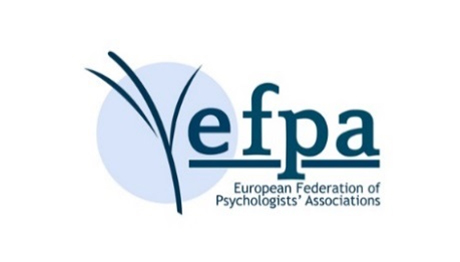- Combined Occupational Test
User Course (EFPA) - Competency Framework
Design & Development - Competency based Interview
Training - Assessors Skills Training
- Psytech Testing Certificate
(PTC)
Verified to EFPA Standards [formerly BPS Level A and B] Psytech’s Combined Occupational Test User Course allows you to become qualified to use both Occupational Ability Tests and Personality Assessments. The internationally recognised BPS awarded EFPA Occupational Test User Certificates gained enable you to become a completely independent occupational test user. You will learn how to:
- Choose the right tests to meet your purpose.
- Administer all categories of test.
- Score all categories of test.
- Interpret the results of both ability and personality measures.
- Write reports suitable for all stake-holders in the testing cycle.
- Feed-back results directly to the respondent for all categories of occupational tests.
The Combined Occupational Test User Course is 5 days in duration with a follow-up day. The follow-up day provides learning support to review your experiences in a post course assessment project and can be done by attending a face to face session or via webinar for convenience.
The qualifications achieved by attending the combined course are described in detail below.
Assistant Test User (ATU)
The ATU Certificate is an EFPA (European Federation of Psychological Associations) Level 1 certificate. Previously the BPS ‘Test Administration’ certificate, it is mandatory to achieve the Level 1 units this certificate contains to be eligible for the Level 2 qualifications.
Test User Ability (TUA)
Formerly BPS Level A. The TUA Certificate is an EFPA (European Federation of Psychological Associations) Level 2 certificate. The Test User Ability Certificate is required to register with test publishers and gain access to Occupational Ability Tests.
Test User Personality (TUP)
Formerly Level B (Intermediate) . The TUP Certificate is an EFPA (European Federation of Psychological Associations) Level 2 certificate. The Test User Personality Certificate provides access to Personality assessment.
By combining the Ability and Personality Certificates into a single course, delegates are able to obtain a more thorough grounding in the theory and application of psychological assessment as a whole. This approach saves time by avoiding the duplication that occurs when the two levels are studied separately or if the component modules are separated by weeks or months.









